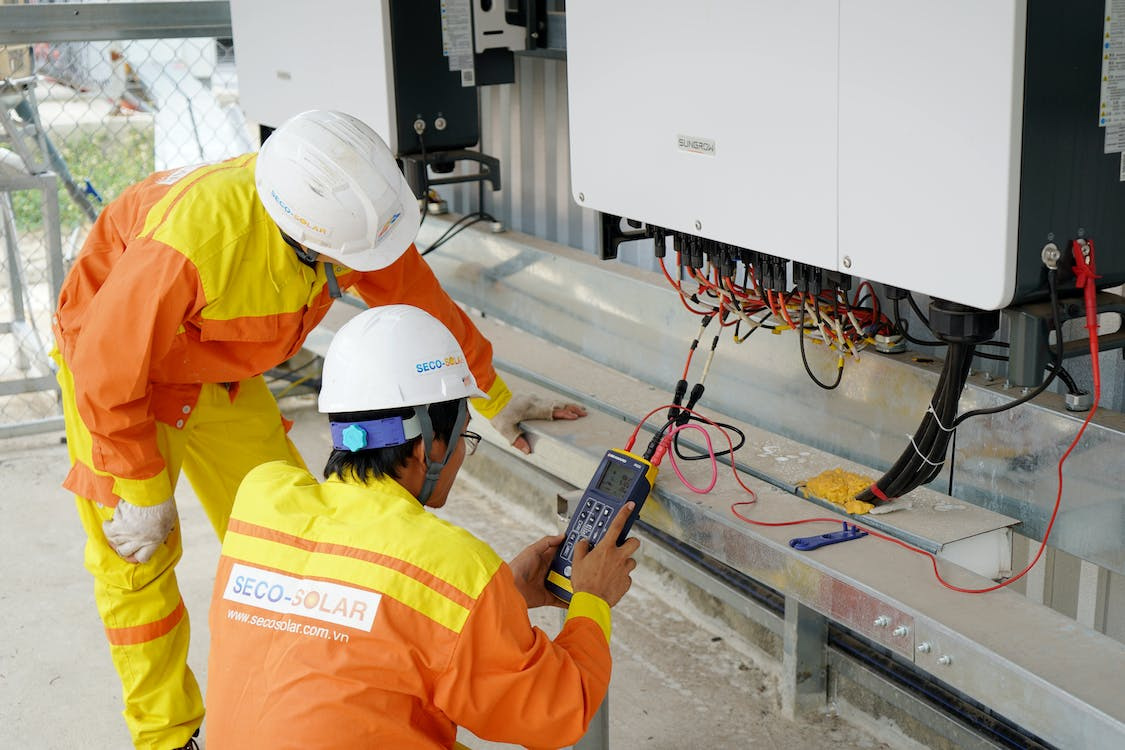Are Solar Panels A Good Investment In Calgary?
- Written by Business Daily Media

Installing solar panels in Calgary homes has become a more sustainable and eco-friendly solution for the province.
With an estimated 333 sunny days per year, Calgary is one of the sunniest cities in Canada, providing an optimal opportunity for solar energy generation.
As a Calgary homeowner, you may wonder if investing in solar energy makes sense and whether it is worth the cost.
But are they?
In this post, we’ll find out if solar panels in Calgary are worth the investment.
What are Solar Panels?
Solar panels, often called solar modules, are essential parts of a photovoltaic system. They consist of multiple photovoltaic cells organized in a rectangular shape. These panels harness sunlight to produce electricity, powering homes or businesses when grouped together.
These panels can either supplement a building's power or serve remote areas. On a larger scale, vast arrays of solar panels, known as solar farms, cater to extensive urban areas.
The solar cell is at the heart of a solar panel, primarily made of silicon layers mixed with phosphorous and boron. Most panels use crystalline silicon cells. These cells are arranged in a grid, with the number depending on the panel's size.
After arranging the cells, the panel is sealed with non-reflective glass, ensuring protection while allowing sunlight access. A sturdy metal frame encases the panel, featuring a drainage hole to prevent water accumulation. The panel's back is also sealed for added protection.
The panels absorb sun photons, triggering the photovoltaic effect and producing an electric current. An inverter then converts this direct current into alternating current, creating a complete photovoltaic system.
For optimal performance, it's crucial to position solar panels correctly, ensuring they face the best direction for maximum energy production, though specific needs might vary.
Benefits of Installing Solar Panels in Calgary Homes and Commercial Buildings
Calgary homeowners have compelling reasons to transition to solar energy. Here's a more detailed look at five of them:
- Financial Benefits
Solar energy can lead to substantial monetary savings. Homeowners can offset their electricity costs through net metering, potentially reducing their bills by up to 100%. Even if you opt for net billing, compensating you for any surplus energy your solar panels produce, the long-term savings can be significant.
- Enhanced Property Value
Installing solar panels is not just an energy investment; it's an investment in your home. Homes equipped with solar panels often see an increase in their market value. Additionally, properties with solar installations tend to attract buyers faster, making the selling process smoother.
- Durability and Low Upkeep
One of the appealing aspects of solar panels is their longevity. They are designed to last two or more decades, requiring only occasional cleaning. This means homeowners can enjoy the benefits of solar energy with minimal upkeep.
- Environmental Impact
Shifting to solar energy is a step towards a greener future. Solar energy has a much smaller carbon footprint than traditional energy sources that depend on fossil fuels. Homeowners actively reduce their environmental impact by choosing solar and promoting sustainable energy solutions.
- Self-Sufficiency
Solar energy offers a degree of autonomy that's hard to match. Homeowners can lessen their dependence on the conventional power grid by generating electricity. This provides a sense of independence and ensures a more consistent energy supply, especially during peak times or power outages.
Are Solar Panels Worth the Investment?
Evaluating the worth of a solar system involves understanding its payback period. Fortunately, within a decade, you can anticipate substantial savings on your energy bills, making the investment worthwhile. Plus, solar panels are built to last approximately 30 years and demand little upkeep.
However, factors like shading, chimneys, trees, and the angle and orientation of your roof can affect the number of panels you'll need. It's not straightforward to give a universal estimate for the number of panels, as the precise count hinges on your home's azimuth, tilt, and geographical position.
While there's an initial outlay for solar energy systems, the savings accrued on energy bills typically offset this cost in 12-15 years. The investment is justified if you intend to reside in your home beyond this period.
Even if you're contemplating selling earlier, having a solar system can enhance your property's market value. Beyond the financials, you'll also be diminishing your environmental impact by lessening your dependence on fossil fuels.
It's encouraging to note that solar system prices are downward each year. This means the duration to recover your initial investment is shortening.
We suggest seeking a professional evaluation from local experts like Panel Upgrade Experts for a precise cost breakdown and installation details. They offer a complimentary assessment on their website; simply complete a brief form to get started.









